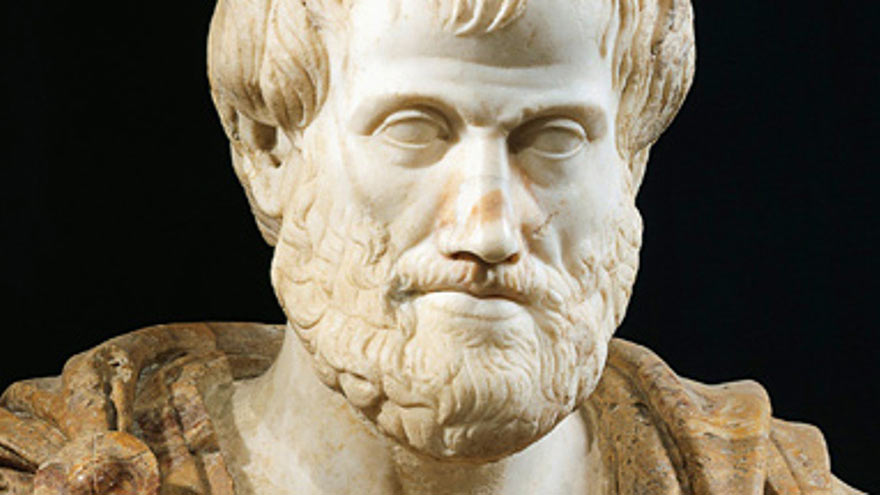The exam is in two days from now and I've found it beneficial to write up notes in a condensed (yet not so condensed) form after writing up a good 10 pages of notes consisting of context and quotes. Of course, these will be helpful to the future generation who sit the AQA English Literature B, A Level (Linear) exam...
So to get with the basics...

Texts Studied
William Shakespeare
Othello
Othello
Arthur Miller
Death of a Salesman
Death of a Salesman
John Keats' Poetry
Lamia, La Belle Dame Sans Merci, Isabella; or the Pot of Basil, The Eve of St Agnes
Lamia, La Belle Dame Sans Merci, Isabella; or the Pot of Basil, The Eve of St Agnes
Assessment Objectives
Remember that when formulating your answers
AO1: Argument, ensure that your answer has balance (arguments agreeing and disagreeing with the statement/ question)
AO2: Comment on the Language, Form and Structure
AO3: Use of Context, so the influence the author has had, their background, authorial intent and more
AO4: Intertextuality, are there theories or critical ideas to back up your point(s) or to critique?
AO5: Interpretations!
Elements of Tragedy
- Type of text (prose/ play/ poetry)
- Representations of characters (public figures or domestic figures)
- Use of setting
- Journey towards death (for the protagonist mainly)
- Flaws, pride/ folly, blindness/ insight, discovery/ learning
- Loss of identity, shame/ guilt, good/ evil
- Role of villain/ nemesis
- How they affect the fortune/ fate of the protagonist
- Contest of power
- Presence of fate
- Irreversible events that lead to an inevitable demise for the tragic protagonist
- Behaviour of the protagonist
- How it affects those around him (or her)
- Structure of the text
- Order to disorder, climax to resolution, prosperity and happiness to a tragic end
- Use of plots and sub-plots
- Way language is used to heighten tragedy
- How the tragic genre affects the audience
- How it acts as a commentary on the real world
It is important to remember the elements of tragedy as the question will be focused around these areas and you can always revise for the books studied in relations to these key points.
How would you define a 'Tragedy'?
- Dramatic events that involve suffering and irreversible events, there will be inevitable catastrophes for all involved
- The genre of 'Comedy' can be seen as the opposite of 'Tragedy'
Aristotle on Tragedy (as mentioned in his 'Poetics')
- Ancient Greek Philosopher who contributed to arts; specifically the genre 'Tragedy' and writes Greek conventions for it
- Wrote that the aim of tragedy is to bring about 'catharsis'; the purging of emotions: pity and fear to gain clarity
- "Pity is aroused by unmerited misfortune, fear by the misfortune of a man like ourselves"
- Central to Aristotle's tragedy is the role of the tragic protagonist
- Ideal protagonist consists of high status and possesses 'megalopsychia' (greatness of soul)
- "A man who is highly renowned and prosperous"
- Action of the tragedy focuses on the tragic protagonist's downfall from high status
- After a chain of events, an error of judgement, 'hamartia' is made, often a result of 'hubris', excess pride
- Protagonist's "misfortune is brought upon him not by vice or depravity but by some error of judgement or frailty"
- Protagonist will eventually recognise their error, gaining insight into truths, 'anagnorisis'
- Eventually leading to the tragic protagonist's inevitable death
- Aristotle believed it is necessary for the tragic protagonist to have a 'flaw' because they should not be a completely admirable person
- 'Hamartia' delimits the protagonist's perfection and keeps him on a human plane so it is possible for the audience to sympathise with him
If you would like more intertextuality in your essays I would recommend talking about A.C. Bradley and G. Hegel. Feel free to research more as I'm sure there are more critical ideas out there that'll boost your grades to at least a B!
A.C. Bradley on Tragedy
- It is important to distinguish between Bradley's critique and Aristotle's meaning of 'hamartia'
- Aristotle defines 'hamartia' as an 'error of judgement'
- Bradley speaks of a 'fatal flaw' in the protagonist's personality (which leads to their downfall)
- Bradley states that tragedy doesn't only bring about "sympathy and pity, but admiration, terror and awe"
G. Hegel on Tragedy
- Hegel states that tragedy is the result of a clash of results
- The tragic protagonist is caught between two sets of principles that are mutually exclusive
- In order to follow one set of principles, you must reject the other
For Othello, John Keats and Death of a Salesman notes, please look at my other posts!

Your work is absolutely fantastic! Im starting year 13 in 2 days and these are definently useful tools for my revison (studying Handmaid's tale this year). If you could post more example essay questions and answers, that would be extremely helpful!
ReplyDeleteSo kind and thoughtful of you to share your notes with others- very helpful to teachers too!
ReplyDeleteYou can download AQA English language past papers. It is hundred percent free here.
ReplyDeleteAQA English Language Past Papers
I have my A level exams in 3 weeks and I'm most nervous for English literature. Thank you so much for your notes - you're my saviour. :')
ReplyDelete